Rule-of-law reforms
As part of its integration efforts, the Ukrainian government developed a so-called Reform Roadmap to guide judicial reforms. However, a report by the organization Dejure, which participated in evaluating the program, raises concerns. Instead of introducing profound changes, the current version of the plan contains superficial measures that fail to address the Ukrainian justice system’s decades-long issues.
Judicial reform and corruption
The Ukrainian government is not just progressing slowly but, in some cases, is even rolling back reforms. A recent example is a law passed by the Ukrainian parliament as part of EU legal harmonization, which allows for prison sentences of up to eight years for the unauthorized disclosure of information from state registries—a provision that poses a serious threat to transparency. Additionally, judicial reform is not advancing adequately. In the spring of 2023, Ukraine’s Supreme Court chief justice was arrested on corruption charges, and the government is now moving to bring the Integrity Council—which is responsible for overseeing the independence and integrity of judges—under its direct control through legislative amendments, Tényellenőr reports.
Protection of minority rights
Before discussing the ongoing debate over minority language rights, including the use of Hungarian, it is worth noting that in 2012, then-Ukrainian President Viktor Yanukovych signed a language law that officially permitted bilingualism—allowing certain minority languages to be used alongside the state language in administrative regions where minorities constituted at least 10 percent of the population.
According to the language law, Ukrainian remained the official language of the country, but minorities were officially allowed to use their native language if they made up at least 10 percent of the population within an administrative unit.
Anti-oligarchy laws
In 2021, Ukraine adopted a new anti-oligarchy law, which established the National Security and Defense Council of Ukraine (NSDC) and granted it the authority to create a public registry listing oligarchs. The law also defined the criteria for classifying individuals as oligarchs.
While the legislation aims to restrict oligarchic influence, its implementation has been suspended pending review by the Venice Commission.
The law is particularly significant in Ukraine, because oligarchy exists in the form of competing clans, which created systemic economic and social problems. The ongoing power struggles among these clans lead to unpredictable election outcomes, fostering both political and economic corruption—a situation that even the war has failed to eliminate.
One of President Zelensky’s biggest supporters and one of Ukraine’s most influential oligarchs, Ihor Kolomoisky, was arrested in 2023.
The businessman is under investigation for several offenses, including allegations that between 2013 and 2020, he laundered half a billion hryvnias (approximately $130 million) through banks under his control and transferred the money abroad.
President Zelensky himself has also been linked to a similar scandal.
The 2021 Pandora Papers revealed that the Ukrainian president may have— or still does—control an offshore account, which he transferred to a friend just weeks before his election victory. This account was not disclosed in his financial declarations. An investigative report by The Guardian suggested that Zelensky was involved in a complex offshore network where he and his former film industry colleagues had concealed funds.
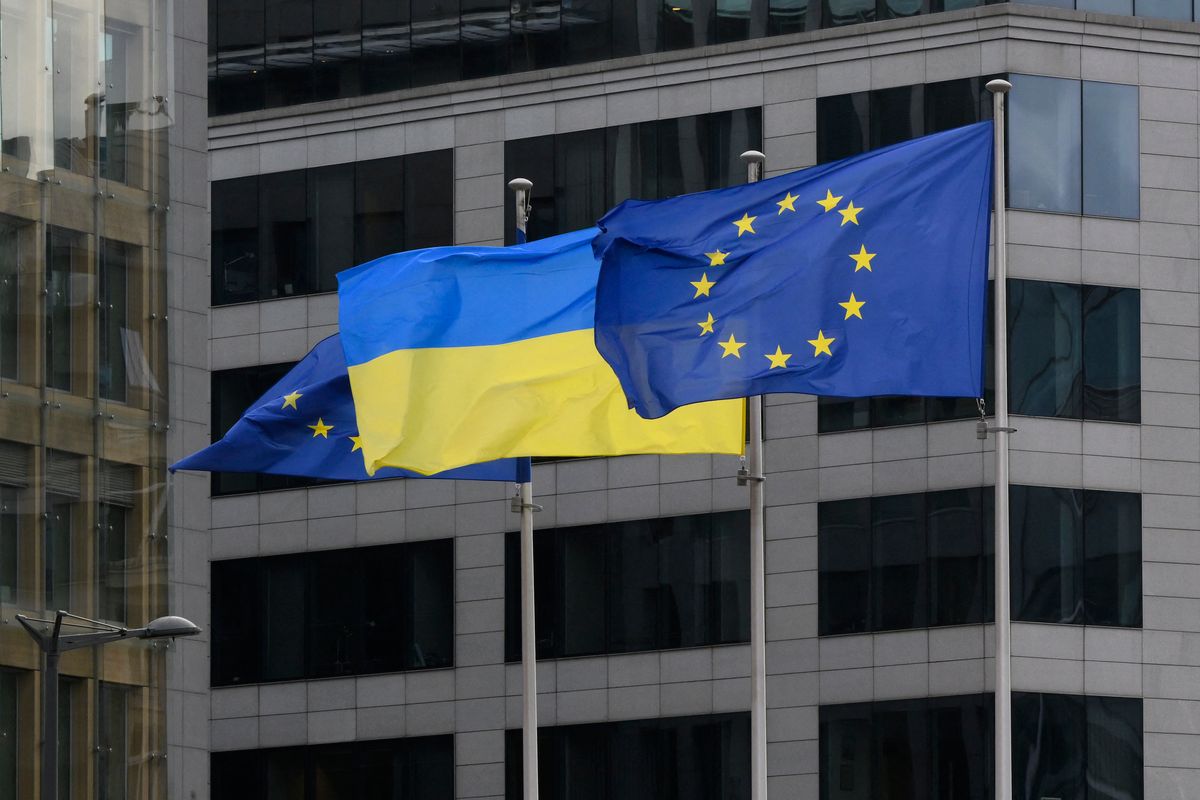
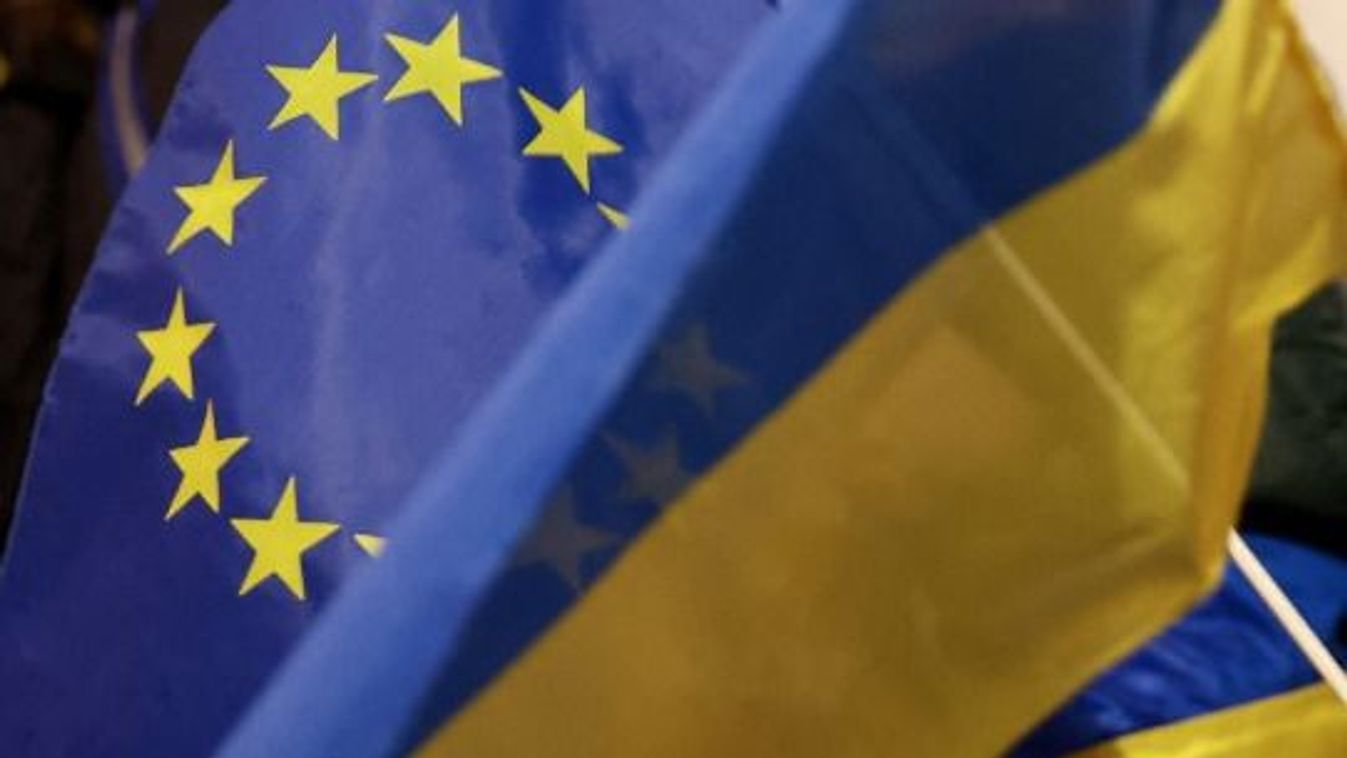





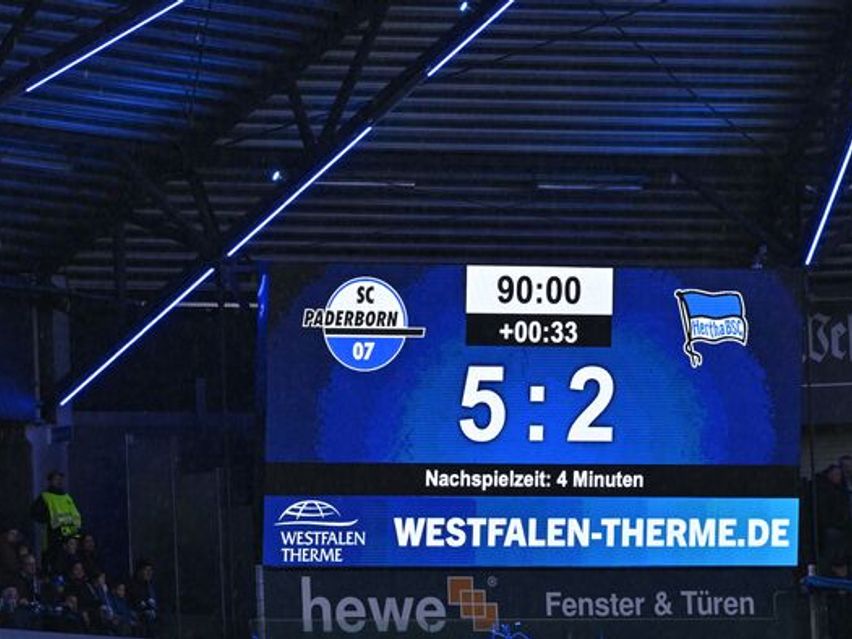








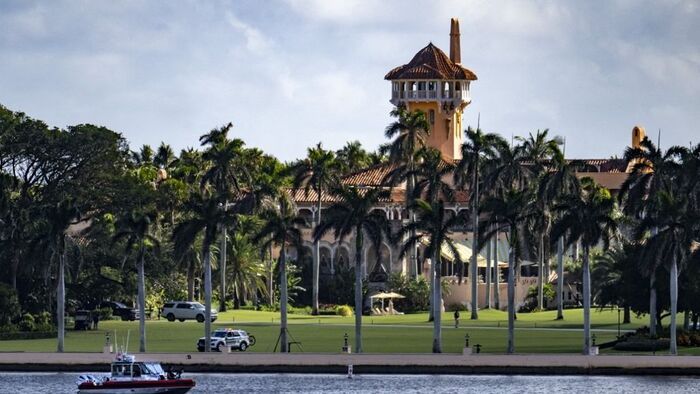

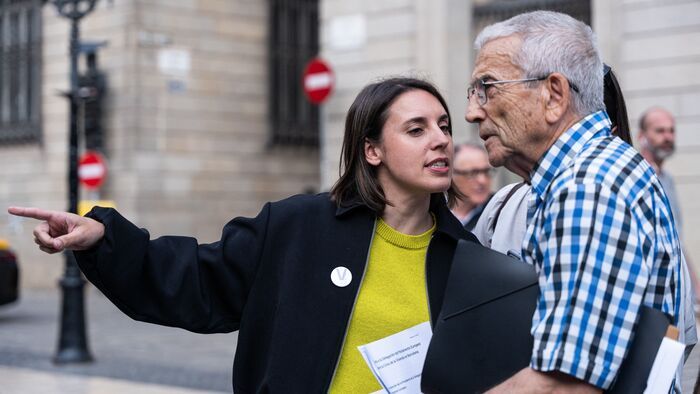





Szóljon hozzá!
Jelenleg csak a hozzászólások egy kis részét látja. Hozzászóláshoz és a további kommentek megtekintéséhez lépjen be, vagy regisztráljon!